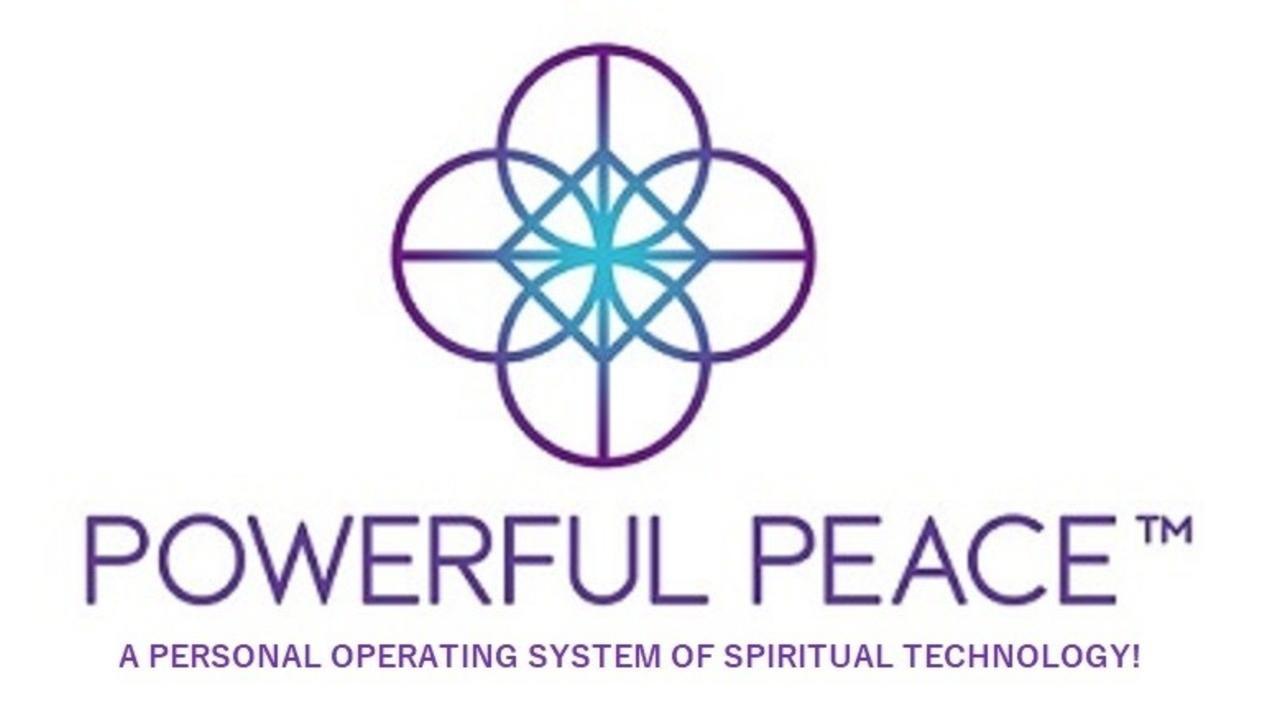Whose LIST is it anyway? - PART II

In Part I of this series of posts, we ended with the following:
Many times, there are things on our LISTs of what we consider to be good or bad that are only there because they are generally accepted culturally and socially. But does it make sense to allow those around us to be able to decide what gets to be on our LIST?
Stop and think about who gets to add to or take from your personal LISTs!
We were talking about the LISTs we have created in our lives. We each have a LIST of the things that make us feel good. We each have a LIST of the things that make us feel bad.
Two things here.
- Does it make sense to just keep accepting the culturally governed ways we are supposed to feel when certain things happen?
- Does it make sense to believe that because a certain event happens, it has the power to ‘make’ us feel something, especially something we may not enjoy feeling?
There is a Chinese Proverb that goes something like this…
A farmer and his son had a beloved stallion who helped the family earn a living. One day, the horse ran away, and their neighbors exclaimed, “Your horse ran away, what terrible luck!” The farmer replied, “Maybe so, maybe not. We’ll see.”
A few days later, the horse returned home, leading a few wild mares back to the farm as well. The neighbors shouted out, “Your horse has returned, and brought several horses home with him. What great luck!” The farmer replied, “Maybe so, maybe not. We’ll see.”
Later that week, the farmer’s son was trying to break one of the mares and she threw him to the ground, breaking his leg. The villagers cried, “Your son broke his leg on one of your new horses, what terrible luck!” The farmer replied, “Maybe so, maybe not. We’ll see.”
A few weeks later, soldiers from the national army marched through town, recruiting all the able-bodied boys for the army. They did not take the farmer’s son, still recovering from his injury. Friends shouted, “Your boy is spared, what tremendous luck!” To which the farmer replied, “Maybe so, maybe not. We’ll see.”
A horse running away, and a son’s broken leg were on the villagers’ LIST of bad things. Extra horses and a son escaping conscription were on the villagers’ LIST of good things. The farmer apparently didn’t pay attention to other people’s lists and thus didn’t spend his emotional energy on the ups and downs of life.
When I was 24 years old, I held my 17-day old son in my hands as he died. Everyone including me felt a LOT of emotional pain and intense grief about this event. Thirty years later my empathy for those in grief is deep and my awareness of our mortality is profound. I can honestly say I appreciate that intense experience.
When I learned that both of my surviving sons were cognitively disabled, I didn’t want to live. After 25 years, if I had the chance to go back in time and change their future, I would not. My wife and I have attained a depth of love and commitment to each other and to life I don’t believe we would ever have achieved without the challenges which come with these two amazing humans.
The lesson is, of course, that no event, in and of itself, can truly be judged as good or bad, lucky or unlucky, fortunate or unfortunate, but that only time will tell the whole story. Additionally, no one really lives long enough to find out the ‘whole story,’ so it could be considered a great waste of time to judge minor inconveniences as misfortunes or to invest tons of energy into things that look outstanding on the surface, but may not pay off in the end.
Now we’re really starting to get into some interesting ideas. We each have a certain amount of emotional energy each day. Learning to invest that energy wisely is key for our health and happiness.
What are on your LISTs of good and bad? What if you let go of your LISTs? How do we even change our LISTs?
These are the thoughts we’ll explore next time! Until then, BE WELL!
